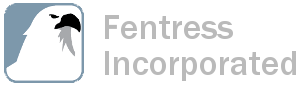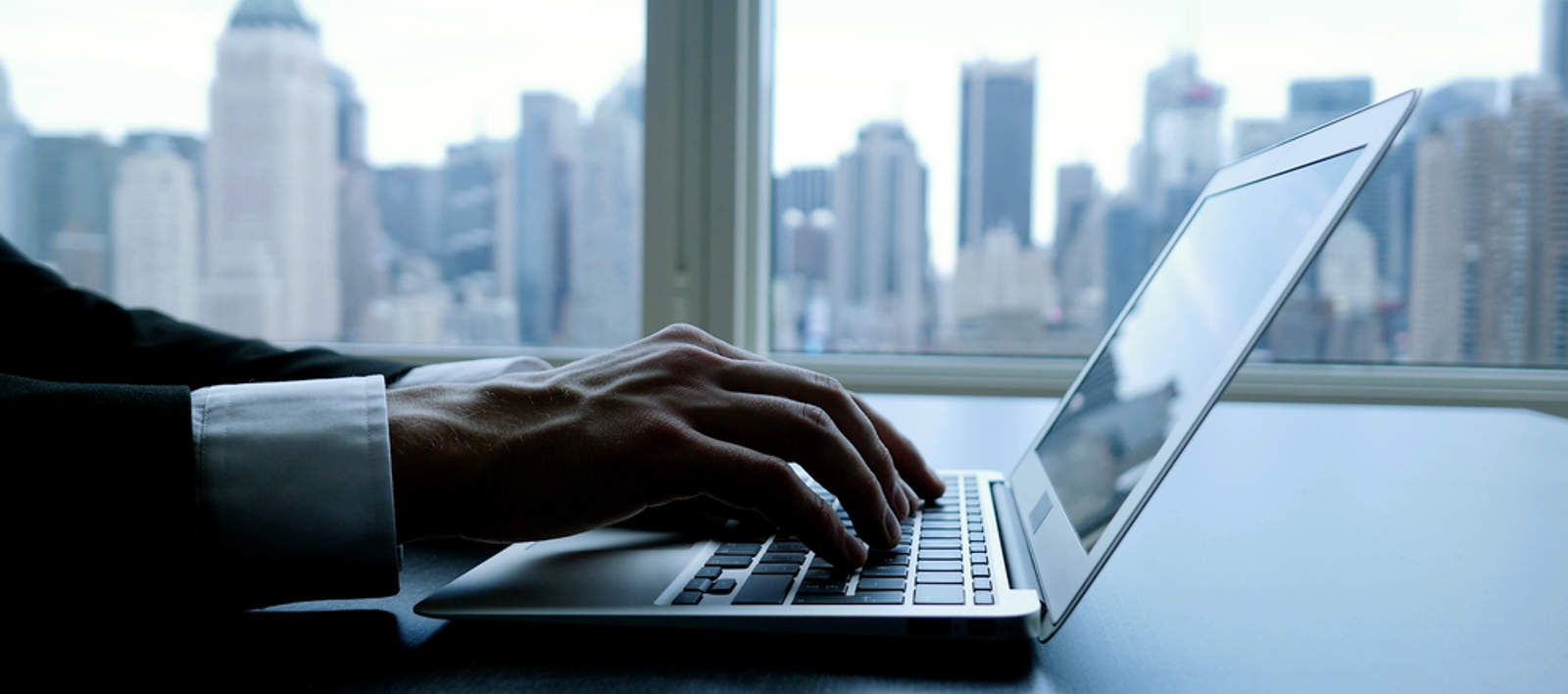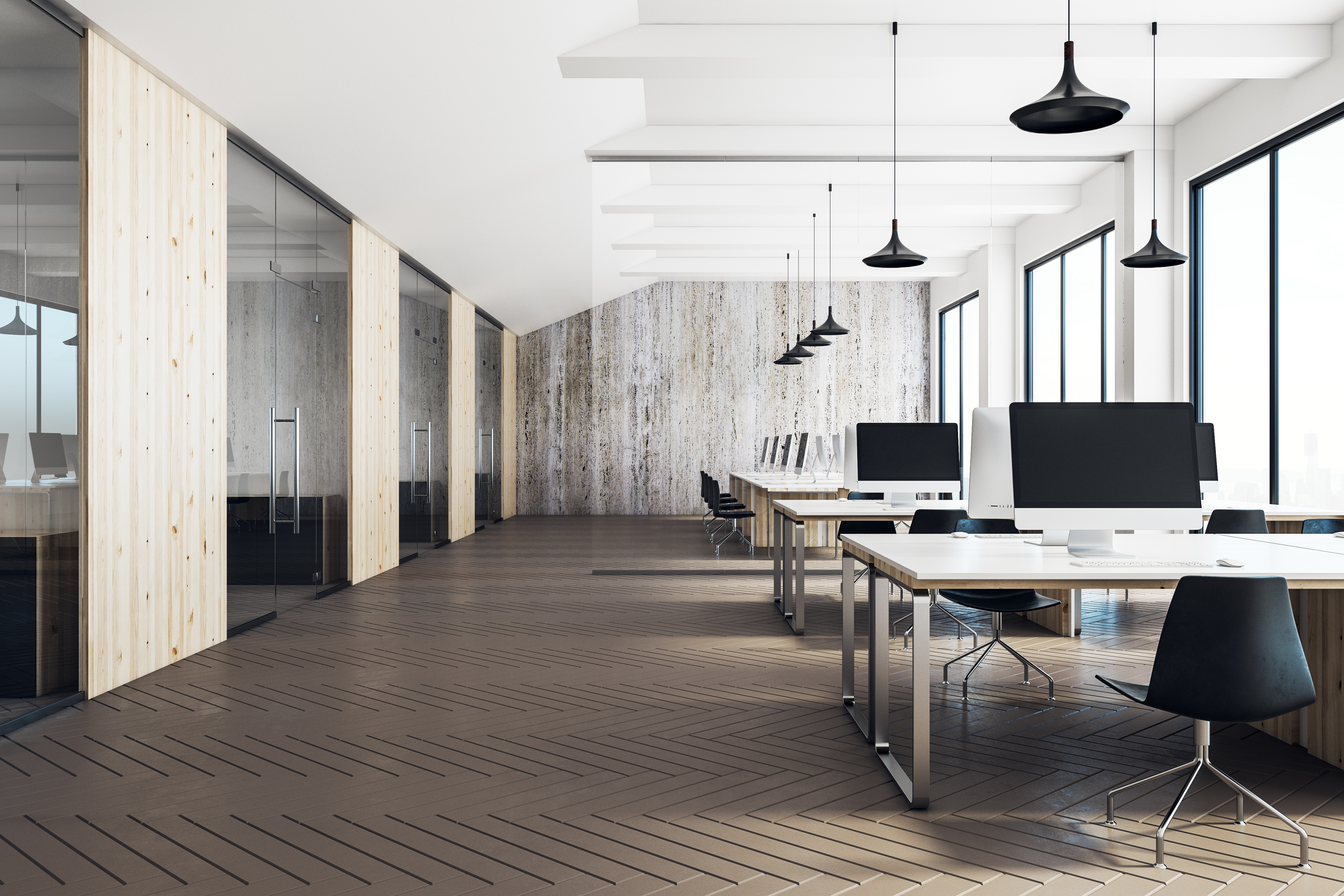In my previous post about space reduction, Technology, Mobility, Flexibility, and Beyond, I discussed the evolving work environments of today’s office space. In the series to follow, I will review some of the key components of today’s mobile office environment, as well as a review of the ever-changing features of the flexible office environment as it transitions from concept to an accepted application.
Let’s begin by explaining the difference between focus spaces and collaborative spaces in the open office. In a relaxed and mobile office environment, staff members frequently work from home or other locations outside the office. At times, staff may only be in the office briefly between meetings. Without a private office or a dedicated workstation, these staff members need a place to focus on their work, hence the name “focus spaces.”
However, these staff members periodically need “collaborative spaces” to meet or work with other similar mobile staff members.
Focus spaces commonly include “touchdown stations” and “getaway booths.” Occasionally, I have heard touchdown stations referred to as bench desks or bench seating and getaway booths referred to as phone booths or call rooms. A more detailed explanation of each space follows.
Touchdown Stations
Touchdown stations are grouped open desks arranged to accommodate an individual staff member or perhaps two working together for a limited period on a first-come, first-served basis.
The desks are usually five to six feet wide and can have low privacy dividers between them. They need not be furnished with telecom connections since the mobile staff members normally rely on smartphones.
If WiFi is available in the office, they also need not have data connections. The ratio of touchdown stations to staff members depends entirely on the level of mobility in the specific office. The following photo shows a typical touchdown station.
Get Away Booths
Getaway booths are e nclosed private spaces, approximately 30 square feet in size, that are available for an individual staff member to make phone calls or send emails for a limited period, again on a first-come, first-served basis.
nclosed private spaces, approximately 30 square feet in size, that are available for an individual staff member to make phone calls or send emails for a limited period, again on a first-come, first-served basis.
They are a comfortable enclosed booth that may be furnished with a built-in desk or lounge seating.
These spaces provide an occasional escape to offset the visual and acoustic distractions staff members experience while working in an open mobile office environment.
As with touchdown stations, telecom and data connections are likely optional. Similarly, the ratio of getaway booths to staff members also depends on the level of mobility in the office. The following photo depicts a typical getaway booth.
Focus spaces are key to productive open office staff, but an effective open office also requires space for collaborative work. In my next post, I will review the importance and function of huddle rooms and “the hub.”









.jpg)


.jpg)
.jpg)
.jpg)
.jpg)
.jpg)
.jpg)
.jpg)
-1.jpg)

